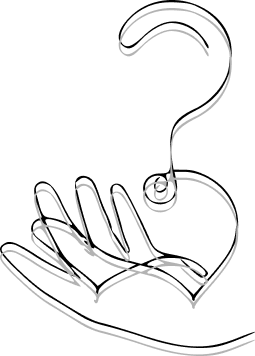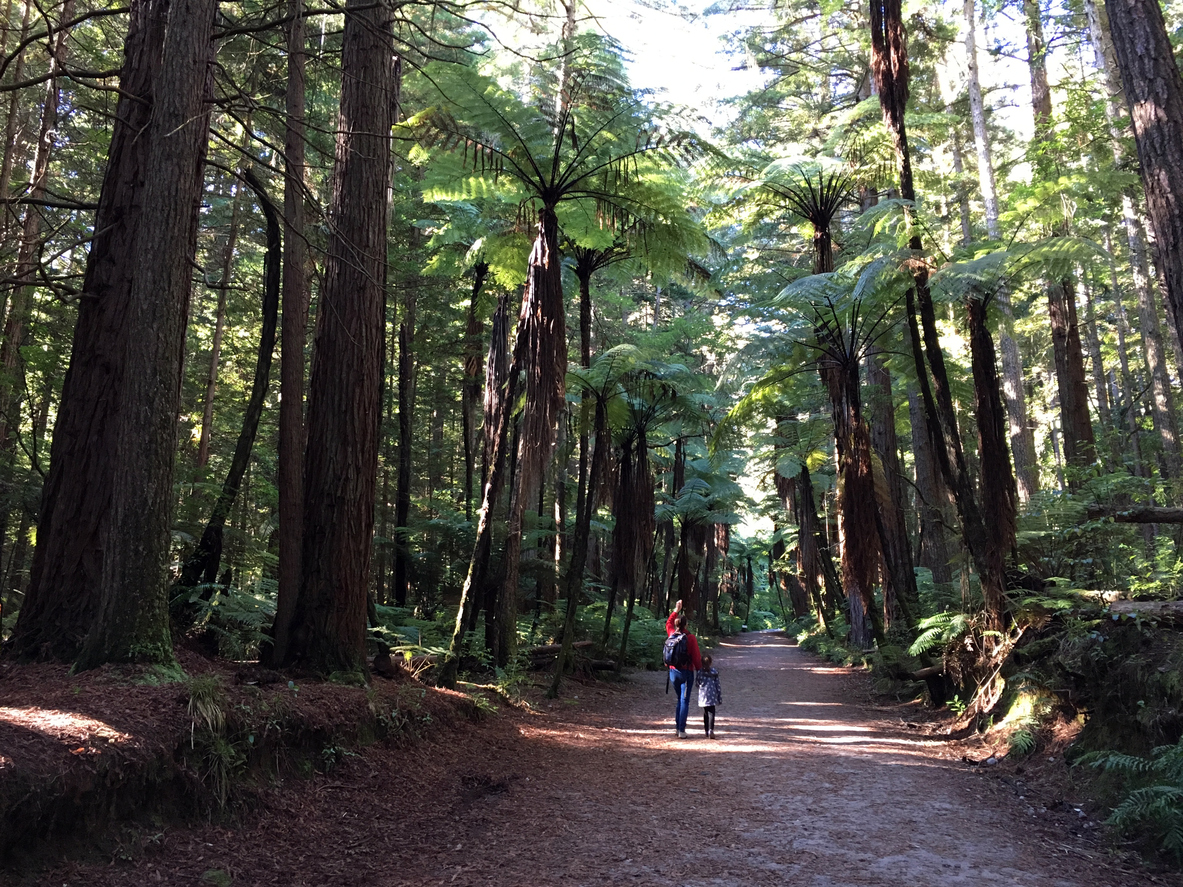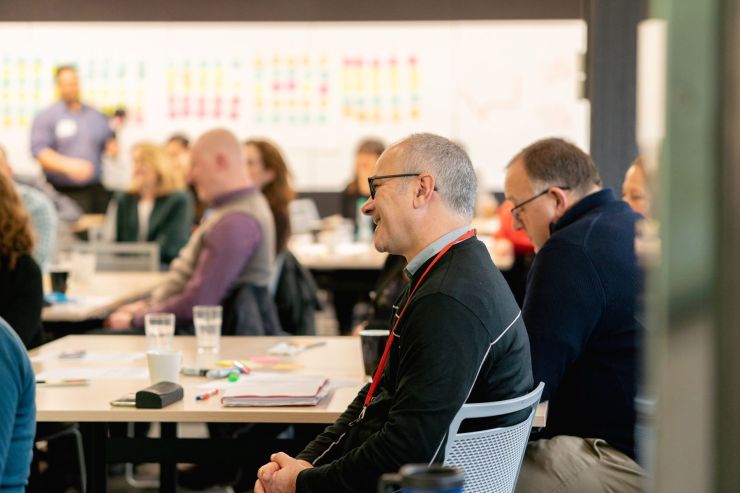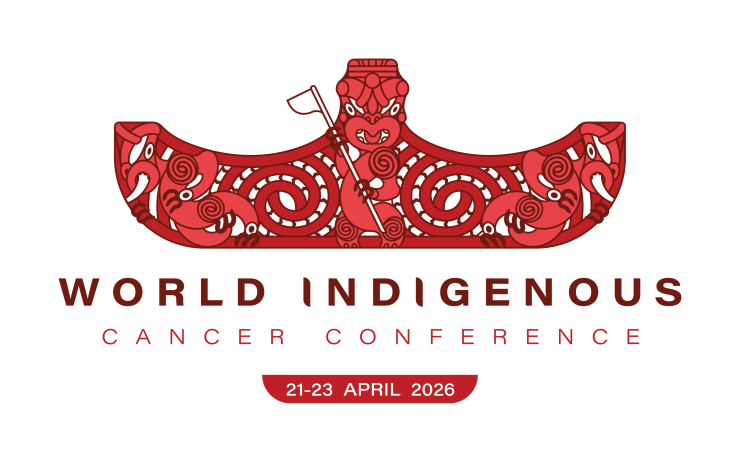Te Aho o Te Kahu is a government agency created in recognition of the impact cancer has on the lives of New Zealanders. We lead and unite efforts to deliver better cancer outcomes for Aotearoa New Zealand. Our work is guided by the goals and outcomes in the National Cancer Action Plan 2019-2029.
Our name Te Aho o Te Kahu means the central thread (Te Aho) of the cloak (Te Kahu) and refers to the role we play in uniting and aligning all the service providers, organisations, and people across the cancer continuum who wrap a protective cloak around those with cancer. Our name is a taonga (treasure) which we were gifted by Hei Āhuru Mōwai, the Māori Cancer Leadership Network.
Common Questions
We provide strong central leadership and oversight of cancer control and unite efforts to deliver better cancer outcomes for Aotearoa New Zealand. We are responsible for ensuring transparency of progress toward the goals and outcomes in the National Cancer Action Plan 2019 - 2029. In practice, the agency:
- provides advice to Government about the future design and function of cancer services and options for resolving operational issues
- brings stakeholders together to progress and achieve shared objectives
- undertakes national initiatives to improve cancer outcomes for New Zealanders
- assembles and shares cancer data and information to inform decision making and service delivery
- provides support for cancer service providers when service is, or is likely to be, disrupted or is not meeting demand or expectations.
Around one-third of cancers are preventable. A healthier life and looking after your body are essential to reduce the likelihood of getting cancer. However, not all cancers can be prevented. There are some things you can do to detect cancer early so that treatment can be more successful.
It is important to be aware of your body and how you normally feel on a day-to-day basis. There are many different signs and symptoms of cancer including:
- Persistent pain
- Fatigue (feeling tired all the time)
- Unexplained and/or sudden weight changes
- Persistent cough
- Skin changes
- Lumps or bumps
- Unusual bleeding (e.g. rectal bleeding) or coughing up blood
It is important to remember that experiencing a sign or symptom doesn't mean you have cancer. However, if you are concerned about anything, please speak with your doctor as soon as possible. Finding cancer early usually means the treatment will be more successful.
Your doctor will talk to you about any physical exams or tests you might need if it is required. Write any questions down and take it with you to your appointment. You can also take a support person with you too (e.g. whānau member or friend).
Learn about the signs and symptoms of the most common types of cancer in Aotearoa New Zealand.

Stay up to date with everything at Te Aho o Te Kahu.












